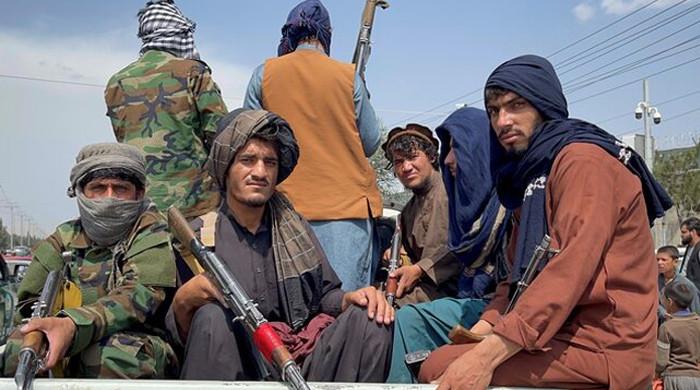- The Taliban gave TTP $ 43,000 a month, helping terrorist attacks in Pakistan.
- Daesh-k attempt to infiltrate Pakistan thwarted by security forces.
- The outfit moves to traditional messaging networks to escape detection.
The Afghan Taliban continues to provide Tehreek-e-Taliban Pakistan (TTP) with a logistics and operational space and financial support, leading to an increase in terrorist attacks in Pakistan, according to a report subject to the Security Council by one by analytical support and monitoring of surveillance.
The 35th team report indicates that the status and strength of the TTP in Afghanistan remain unchanged, while its attacks against Pakistan have increased considerably, with more than 600 attacks recorded in 2024, including cross -border assaults in Afghan territory. Taliban support for prohibited attire includes a monthly payment of 3 million Afghanis (around $ 43,000).
TTP has expanded its training infrastructure, establishing new centers in the provinces of Kunar, Nangarhar, Khost and Paktika (Barmal). The group has also increased recruitment efforts, including attracting Afghan Taliban fighters.
In addition, TTP has strengthened its links with the Afghan Taliban and Al-Qaida in the Indian subcontinent (AQIS), leading joint attacks under the banner of Tehreek-e Jihad Pakistan (TJP). The report warns that this collaboration, as well as the role of TTP in the supply of suicide bomber and combatants, could transform the group into a wider regional threat and an umbrella organization for other militant groups in the region.
The report also highlights an important setback suffered by Daesh-Khurasan in summer when the Pakistani security forces managed to successfully intercept the attempt at its branch of external operations to settle inside Pakistan. This operation led to the arrests of key characters, notably Adil Panjsheri (Afghan), Abu Munzir (Tadjik) and Kaka Younis (Ouzbek), which were involved in recruitment, travel and the financing of suicide fighters and bombers. These individuals were linked to attacks in Kerman, Iran and Moscow.
However, another upper member of Daesh-K, Tariq Tajiki, suspected of being the brain behind Kerman’s attack, remains in Afghanistan, according to a Member State.
To escape detection and by reducing the risk of arrests, Daesh-K leadership would have passed electronic communications and on the Internet to traditional messaging networks to provide instructions and make meetings in person.
The Balutchistan Liberation Army (Bla) claimed the responsibility of several high -box attacks during the reference period, led by its major brigade (MB), which includes female members. The MBO operates in the southern region of Pakistan, including in Awaran, Panjgur and Dalbandin. Two Member States have indicated that MB has links with TTP, DAESH-K and ETIM / TIP, collaborating with them in operational bases in Afghanistan.
Jamaat Ansarullah has also been active, now training camps in the province of Khost with engineers from Al-Qaida and arms instructors. The group operates a special military center in the Kalafgan district of the province of Takhar to train combatants from Central and Arab Asia. In addition, he formed the “Ansar” unit in the district of Imam Sahib of the province of Kunduz to infiltrate the border areas.
The Taliban deployed a suicide battal unit of the Lashkar-E Mansouri Battalion in Fayz Abad, Badakhshan Province, in coordination with Jamaat Ansarullah and Al-Qaida fighters, using operations against anti-taliban resistance groups .
The report highlights continuous collaboration between several militant groups in the region and the growing threat posed by their coordinated activities. The results underline the complex and scalable safety landscape in South Asia, with large -scale implications for regional stability.
Terrorist attacks were endowed in the Pakistani provinces of Khyber Pakhtunkhwa and Balutchistan – which is about in Afghanistan – targeting the police and security forces in particular.
Islamabad has once again exhorted Kabul not to allow its territory to be used by terrorist groups to carry out attacks against Pakistan.
Diplomatic effort is associated with current kinetic measures against terrorists by security forces who have eliminated at least 15 activists, including Afghan Taliban members in a quick and effective response to the infiltration attempt last week .
Pakistan witnessed a strong increase in terrorist attacks in January 2025, increasing by 42% compared to the previous month, according to data published by Pakistan Institute for Conflict and Security Studies (PICSS), a reflection group.
January says that two-suicide attacks, both in Balutchistan, which are the most affected regions with Khyber Pakhtunkhwa. The prohibited TTP claimed the responsibility of one, while the proscribed black took the credit of the other.




